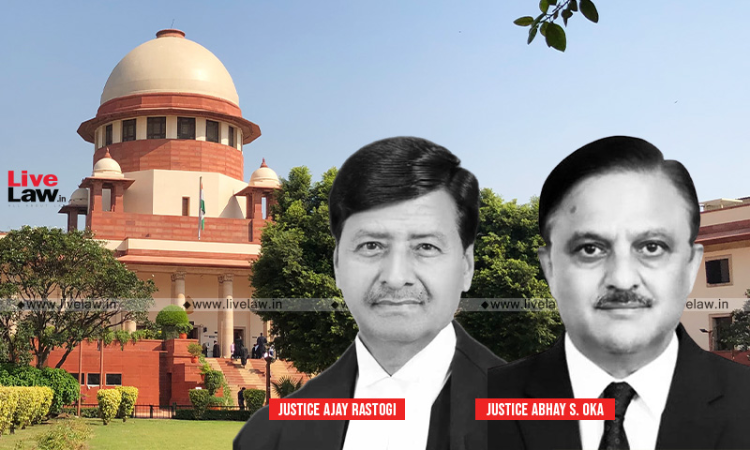PC Act - Mere Acceptance Of Amount, Without Proof Of Bribe Demand, Will Not Establish Offence Under Section 7 : Supreme Court
LIVELAW NEWS NETWORK
21 Feb 2022 6:22 PM IST

Proof Of Demand & Acceptance Of Bribe By Public Servant Is Sine Quo Non For Establishing Offence U/Section 7 Prevention Of Corruption Act: Supreme Court
Next Story


